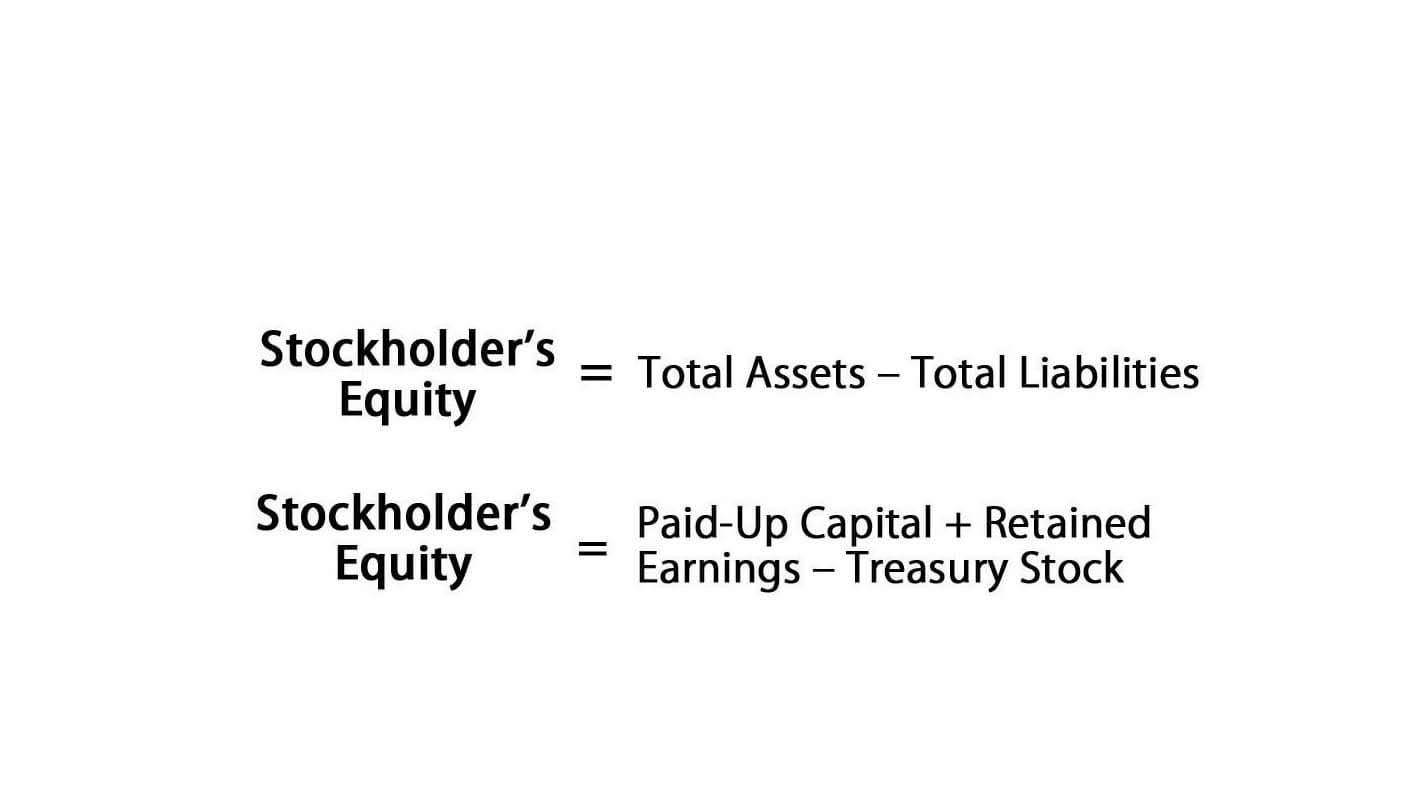Benzo Withdrawal: Symptoms & Timeline
15/01/2021Understanding the Five Types of Alcoholics Get Help For Alcohol Addiction
21/01/2022
And additionally, it provides a more organized and accurate methodology for recording and tracking financial information. Accounting software can help a business manage finances more bookkeeping for cleaning business efficiently, prepare for tax filing, and provide a clearer sense of the company’s financial health and needs. Financial advisors can use the financial data from business accounting to help small business owners make important financial decisions about the future and day-to-day operations.
What are the two main types of financial accounting?
One of the primary functions of accounting is to monitor business processes. This is crucial for all industries, including distribution and trading companies. It involves identifying business opportunities, setting targets, and controlling costs to achieve organizational objectives. Managerial accounting uses accounting information to allocate resources, evaluate performance, and make adjustments to optimize results. Accountants keep record of the company’s finances to assemble in balance sheets, income statements for tax season and investors’ knowledge of the company’s financial standing. Stay up-to-date with changes in tax laws and regulations that affect retail businesses.
Bookkeeping for the Retail and Wholesale Industry

Keep track of changes in the accounting for distribution companies cost of goods sold (COGS) to ensure accurate financial reporting and pricing decisions. Maintaining strong relationships with vendors and suppliers can have a significant impact on cash flow. Negotiating favorable payment terms and discounts can free up cash for other operational needs. Additionally, efficient communication with suppliers helps in managing inventory levels and preventing stockouts.
Effective financial planning

Consistent financial reporting also helps strong companies demonstrate growth. Understanding the different types of accounting is like adding tools to your tool belt as a business owner or financial manager. Accurate accounting data can help you make better decisions, grow more efficiently, and avoid financial and legal turbulence. And several different types of financial accounting exist to manage specific business activities.

- Fund accounting involves recording, classifying, and reporting on the financial activities of these organizations, such as charitable trusts, endowments, and foundations.
- Accounting information systems (AIS) use technology to collect, track, and store financial activity for accountants to use.
- With established robust inventory control systems Versa ensures seamless and proficient inventory management.
- These types of accounting vary and apply differently depending on your company’s legal status and size.
- Choose accounting software or systems that support your chart of accounts structure.
In particular, it provides visibility on variances with the forecast, and enables adjustments to be made for future forecasts. Accounting is usually used in a general sense, but in reality it encompasses all the different types of accounting that exist. To provide high-quality and accurate services to our clients, our team possesses years of relevant experience in this field. Let us understand the different types of accounting errors, applications, and branches through the discussion below.
- Distributor accounting requires a more extensive range of accounts compared to other businesses.
- Managing your inventory well is key to keeping products in stock and saving space.
- There are different types of accounting for every type of business aspect.
- Having a strong Chart of Accounts helps with tax, bookkeeping, and making smart financial choices.
Let’s Take Your Bookkeeping to the Next Level!
- This frees up your time, letting you focus on what’s important to your business.
- Businesses often struggle to determine if they are overpaying for supplier services or vendor contracts.
- Businesses benefit from financial accounting by gaining accurate insights into their financial health at regular points in time, which they can share with investors and regulatory bodies.
- It’s wise to hire an accountant when your business is growing fast or when managing finances gets too complex.
- For more on best practices, check out guides from wholesale inventory management resources.
Using barcode scanning and software helps see inventory moves in real time, cutting down on mistakes. For example, inventory tracking tools let businesses always know what they have, avoiding too much or too little stock. Also, having all sales order info in one place makes processing orders faster. Following key accounting principles and understanding wholesale accounting helps your business stay financially strong and competitive. Making accurate financial choices helps manage cash well and gives you a strategic advantage in the wholesale market. For Certified Public Accountant wholesale businesses, key accounting principles focus on a detailed Chart of Accounts (CoA).
